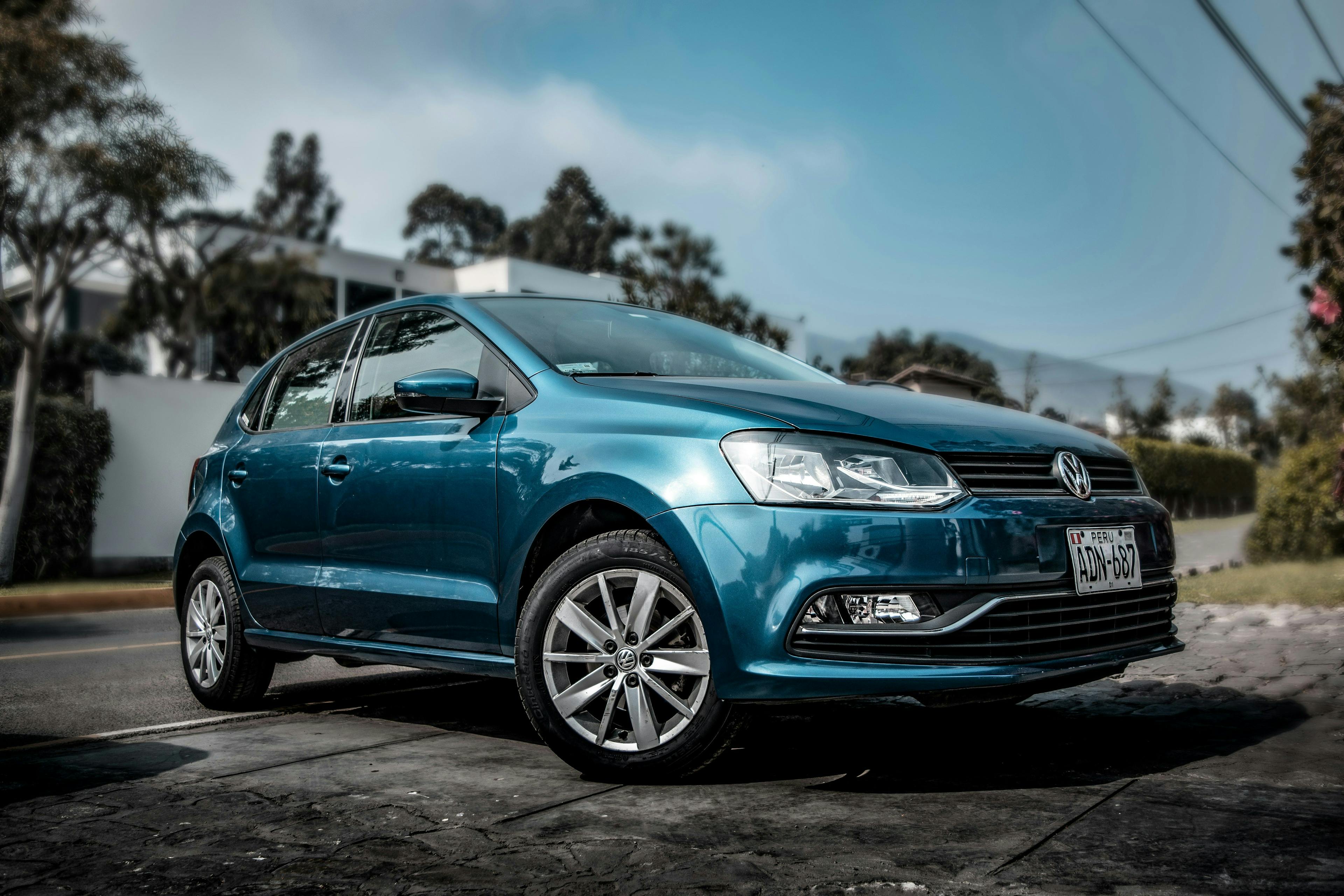
How to sell a car in Luxembourg
In this guide we will tell you how to sell your car correctly, what documents to prepare and what to do with plates and insurance.
Selling a car in Luxembourg is easier than buying and registering one. However, even here a number of requirements must be met.
Before the sale
The first thing to think about is who you will sell the car to. There are two categories of vehicle buyers: residents and non-residents.
Resident buyers
Non-resident buyers
Finding a buyer is not the most difficult task, as they are usually interested in buying on their own. However, there are several ways to speed up and simplify the process:
- «Word of mouth». Oddly enough, asking around to see if anyone is looking for a car is a viable option. Luxembourg is quite small, so this way of self-promotion is quite justified.
- Car dealerships. Not the worst option, especially if you are going to use the trade-in service.
When contacting a salon, be careful. Sometimes the terms of buying back the car from the owner are extremely unfavourable, if you do not undertake to buy a new car in the same salon.
When it comes to selling, making a first impression is just as important as an attractive price. There are some simple ways to increase the chances of a successful sale.
Wash the car
Make minor repairs
Take a picture
Set the price
Now all you have to do is wait for a potential buyer and, if everything is satisfactory, prepare the necessary documents.
During the deal
The invoice, or sales contract, is one of the most important documents of the transaction. It allows the transaction itself to be legalised and the vehicle and owners to be identified.
The invoice contains key information about the vehicle itself as well as the seller and buyer. The buyer needs it when registering the car in his own name. You will need a copy in case of a dispute.
Do not twist the mileage and write its real figures. This can be checked quite easily with the Carvertical service
As for payment, there are no strict requirements. This means that you can pay in any convenient way: cash or bank transfer.
The second important step in the process is to deregister the car with SNCA. To do this, you need to submit an application. You can do this in two ways:
- By registered letter sent to the National Society for the Automobile (SNCA) - BP23 - L-5201 Sandweiler.
- In person at the SNCA office with the required documents, ID and confirmation of enrolment.
Don't forget to make an appointment with SNCA in advance or you won't be accepted!
The application must be submitted within 5 working days and must be accompanied by Parts I and II of the registration certificate. If you are selling the vehicle to a non-resident buyer, you will also need an export certificate. This is issued by the SNCA on request and upon payment of a fee of 19.60 euros.
By obtaining a deregistration certificate, the previous owner essentially loses all ties to the car and can receive insurance compensation.
Under the new regulation, licence plates remain with the previous owner as they are tied specifically to the person and not the car.
When you sell your car, don't forget to pick up your tax sticker, insurance certificate, and any personal documents that are insurance-related, tax-related, or should not be given to the buyer.
After the deal
As already mentioned, when you receive a deregistration certificate, the previous owner loses contact with the car. This means that the insurance certificate is no longer valid. You should therefore notify your insurance company of the sale as soon as possible.
Once they receive an alert from you, two options are possible:
Cancellation of contract
Transfer of insurance
After the vehicle has been deregistered (or completely taken out of circulation), the former owner is entitled to a refund of the car tax paid. Compensation is calculated for each unbegun day of the amount paid.
You deregistered your car on 18 July, but you pay your taxes on 31 March. There are 255 days between 19 July (unregistered day) and 31 March.
You can receive compensation if you fulfil two simple conditions:
- The amount of compensation is more than 1 euro
Chances are you will have an amount much higher
- You returned your tax sticker on time
It must be done no later than 60 days after the expiry date, but sooner is better
The sticker is given to the competent customs and excise duty collector. The IBAN of the bank approved in Luxembourg must also be indicated.
Frequently Asked Questions (FAQ)
Is it difficult to sell a car in Luxembourg?
What responsibilities remain with the seller after the deal is finalised?
How to get a refund for tax paid?
To receive a refund, you must submit your tax sticker no later than 60 days after it expires. We recommend that you do this as soon as possible. The day on which the vehicle is deregistered will also be taken into account.
Source: guichet.public.lu, www.acl.lu, snca.public.lu, www.baloise.lu
We took photos from these sources: Unsplash